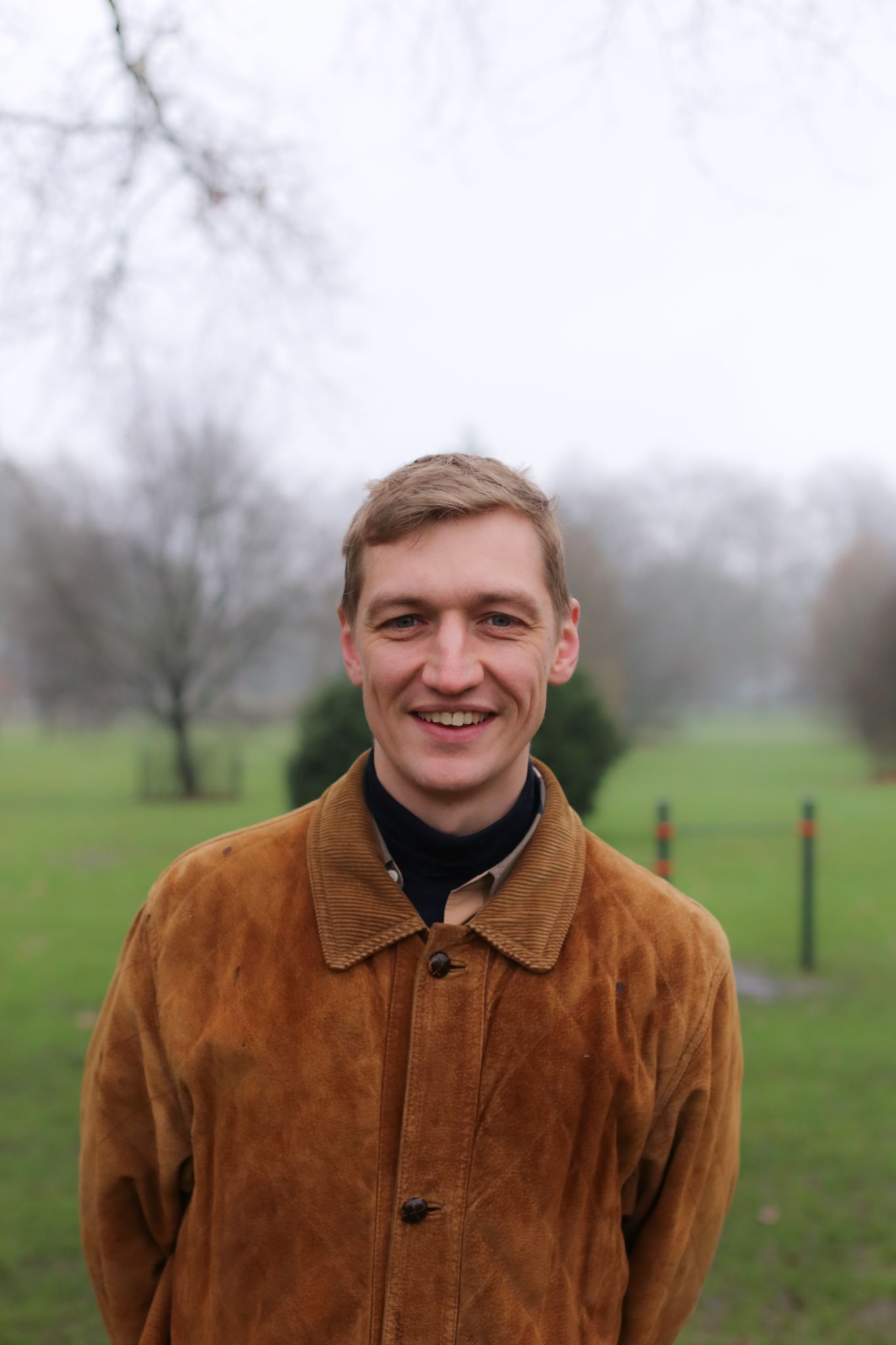Patrick Galbraith: 'The man had a blood blister on his lip, a gold earring and a Jack Russell in a crate in a pushchair. "The wife’s," he said, noticing me looking at the dog'
Anyone who laments a lack of tolerance in the country ought to visit the Appleby Horse Fair, says Patrick Galbraith.
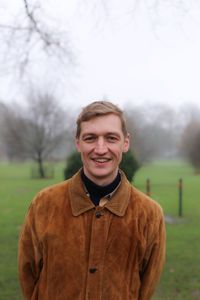
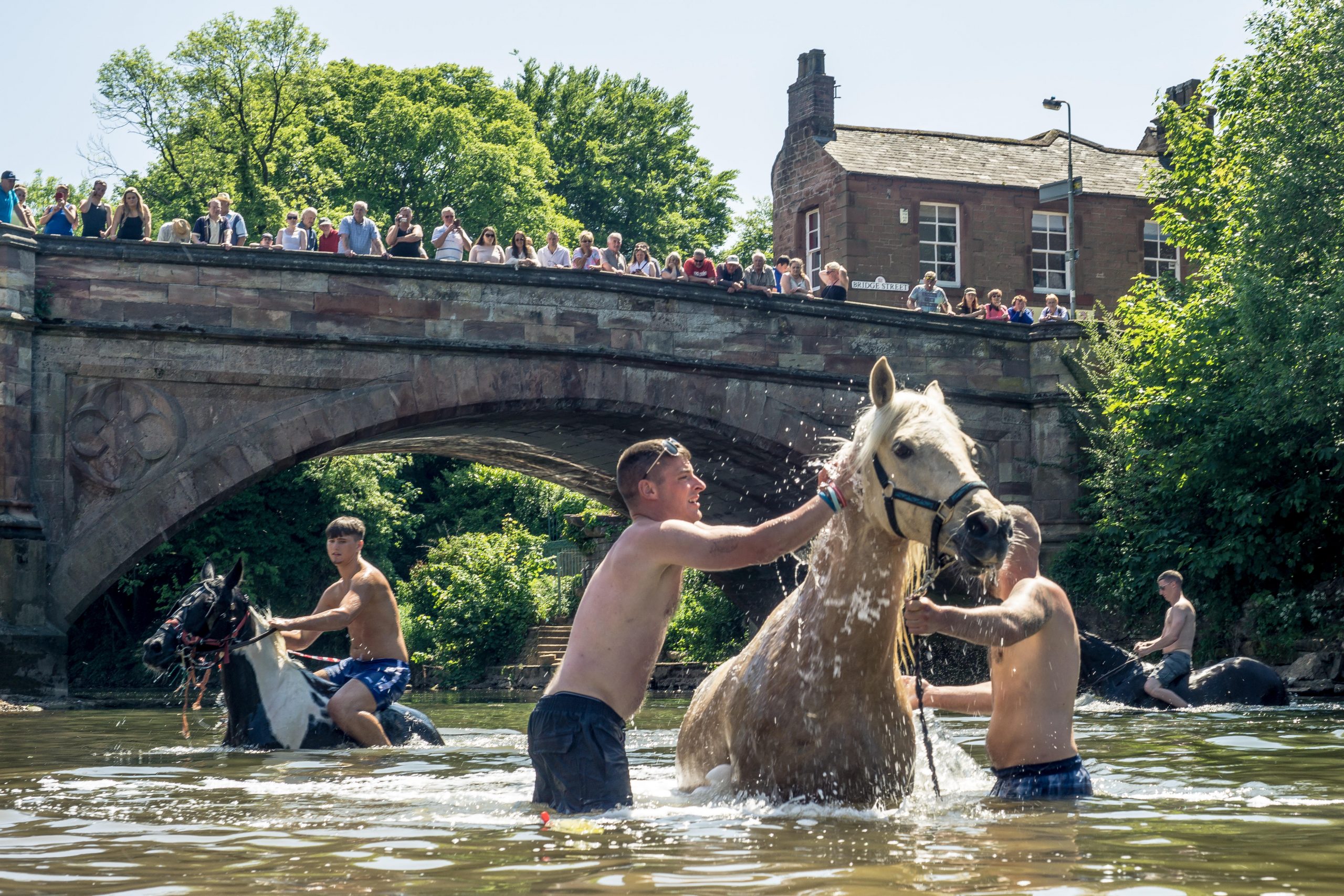
Exquisite houses, the beauty of Nature, and how to get the most from your life, straight to your inbox.
You are now subscribed
Your newsletter sign-up was successful
It seems that every few weeks there’s another spiky think-piece in the papers about the countryside being a hotbed of intolerance. Sure, Suffolk isn’t Soho, but I’ve always found rural Britain curiously open minded.
When I was in Dumfriesshire, there was a farmer called Hamish who lived in a knackered caravan with his boyfriend. Hamish’s horsemanship was a matter of great local pride. If he had too many cobs, he’d lend us one and we’d graze it at home. The best we had was a mare called Maddie. When the sun shone, I would ride her bareback through the village.
I’m not sure if I’d heard of Appleby Horse Fair, in Cumbria, before Hamish mentioned it, but it was, he told me one grey afternoon when he came to collect Maddie for the last time, the only place to go if you wanted a proper cob. He wasn’t much of a talker, but his evident love of the fair stayed with me.
The journey there was hot, the roads were busy and, from about 50 miles out, there were signs on the verges warning of horse-drawn vehicles. The fair has been running for hundreds of years and this year’s is thought to have been the biggest yet, with tens of thousands of Travellers and Gypsies gathering to trade horses and celebrate their community.
Down by the River Eden, a crowd stood drinking in the sun. Across the road, a topless boy was leading a grey stallion round and round in circles. It whinnied and tossed its head back, then it lunged, open-mouthed, at a passing pony. A large man next to me shrugged cheerfully: ‘A stallion. That’s why. Just a stallion being a stallion.’ The man had a blood blister on his lip, a gold earring and a Jack Russell in a crate in a pushchair. ‘The wife’s,’ he said, noticing me looking at the dog.
"Proof, as if it were needed, that the British countryside is no less colourful than London"
Fearing trouble, most of the pubs in Appleby close during the fair, but at one that had remained open I bought a beer in a plastic cup and set off up the hill towards where most of the horses are bought and sold. There is no formal process, simply an understanding that an offer can be made. At the side of the road, children ran back and forth, asking those on horses if they could climb up. ‘Just me and the wee fella,’ a boy of about six shouted up to a man aboard a chestnut mare. ‘The wee fella’ was a toddler padding along next to him. One of the most striking things about Appleby is that little children seem to run wild, yet there’s a feeling that everybody there is looking out for them.
Further on, under the bridge, an Irish Traveller in rigger boots was selling paintings. There was one of a family in a bow top travelling to Appleby at night. ‘A great deal of work went into that,’ the man told me. ‘Took me all day. Can’t sell you that for less than £35.’ We shook on it and he rolled it up for me. A week later, I paid £180 to have it framed.
Exquisite houses, the beauty of Nature, and how to get the most from your life, straight to your inbox.
Where the fields began, there was a tent full of statues of Jesus and a priest sitting on a white plastic chair surrounded by a gaggle of middle-aged ladies. I wandered in out of the sun to rest for a moment, but the ladies were uncompromising: when did I last go to Mass, how often do I go to Mass, and would I be able to come to an open-air Mass next day? ‘But everybody’s welcome,’ a lady with beehive hair kept repeating, ‘you’d be so welcome.’
Sure, it might not have been Soho, but here was proof, as if it were needed, that the British countryside is no less colourful than London.
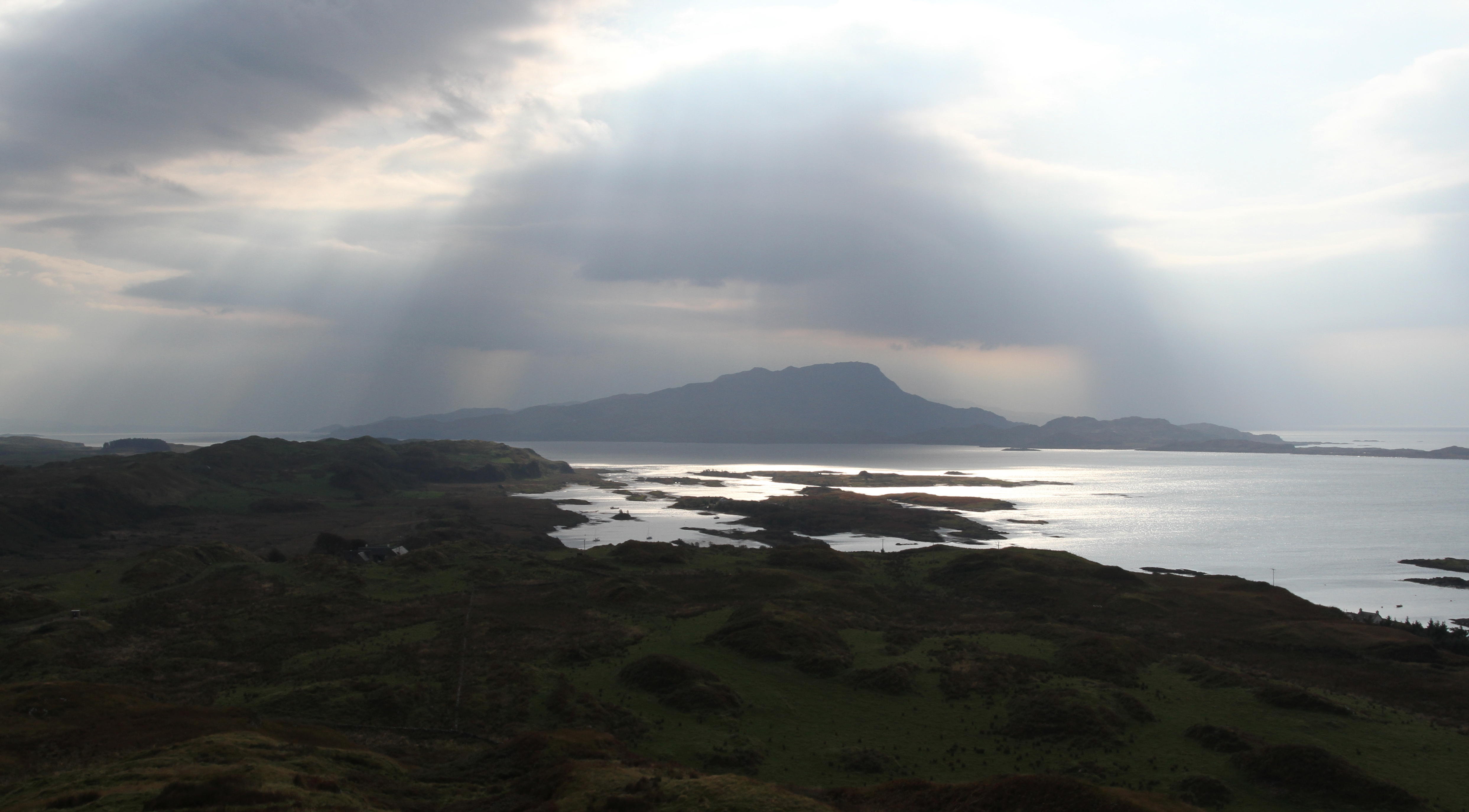
What it's like to live for five days on an uninhabited Scottish island
Marooned on the uninhabited Scottish island of Scarba with only his terrier for company, Patrick Galbraith discovers the realities of
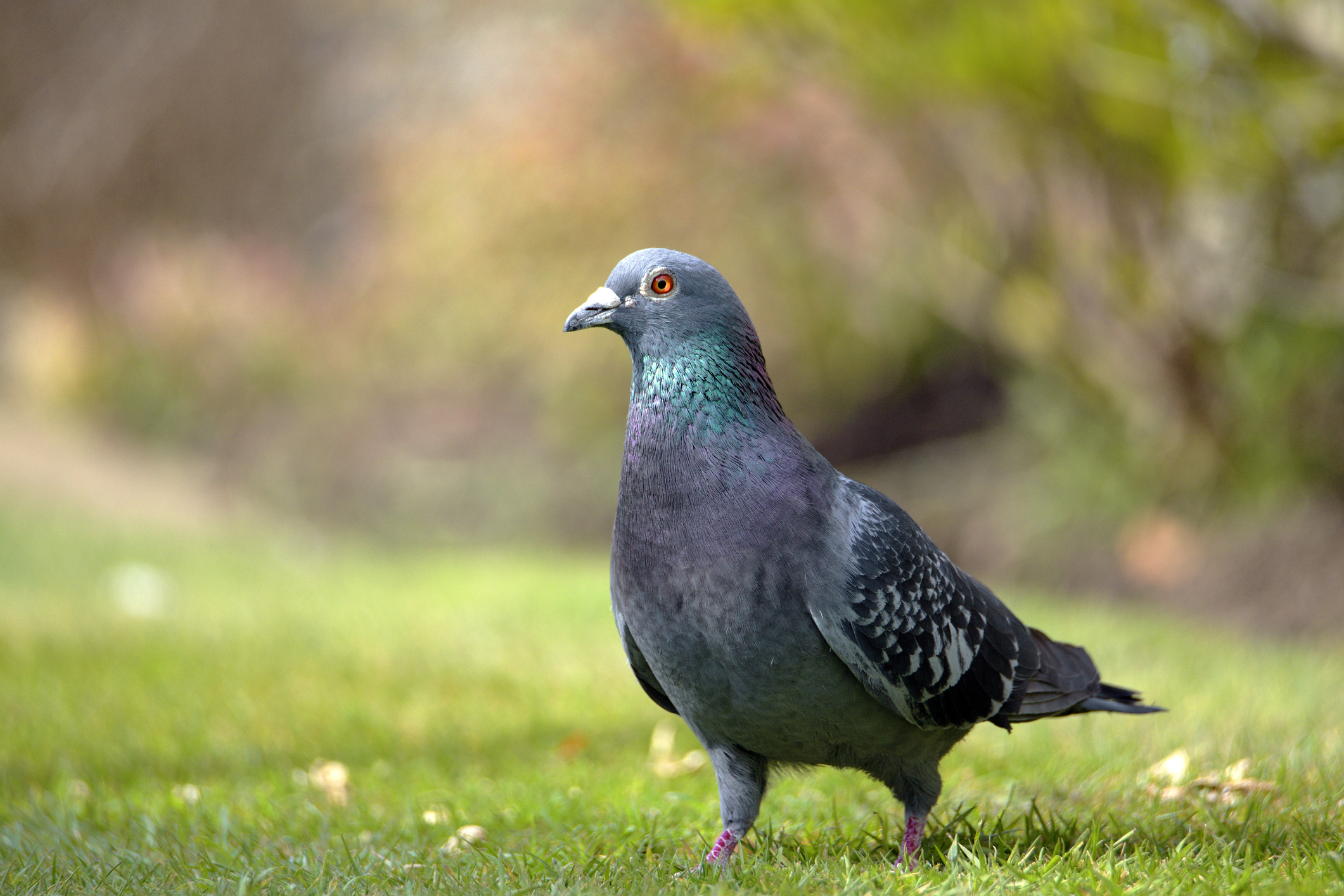
Patrick Galbraith: 'Rather than asking if she could be next up for a pigeon, she quit. Her liking for oat milk should have given the game away'
Country Life's newest columnist Patrick Galbraith on car washes, dogs and the inevitable culture clashes that come with being a
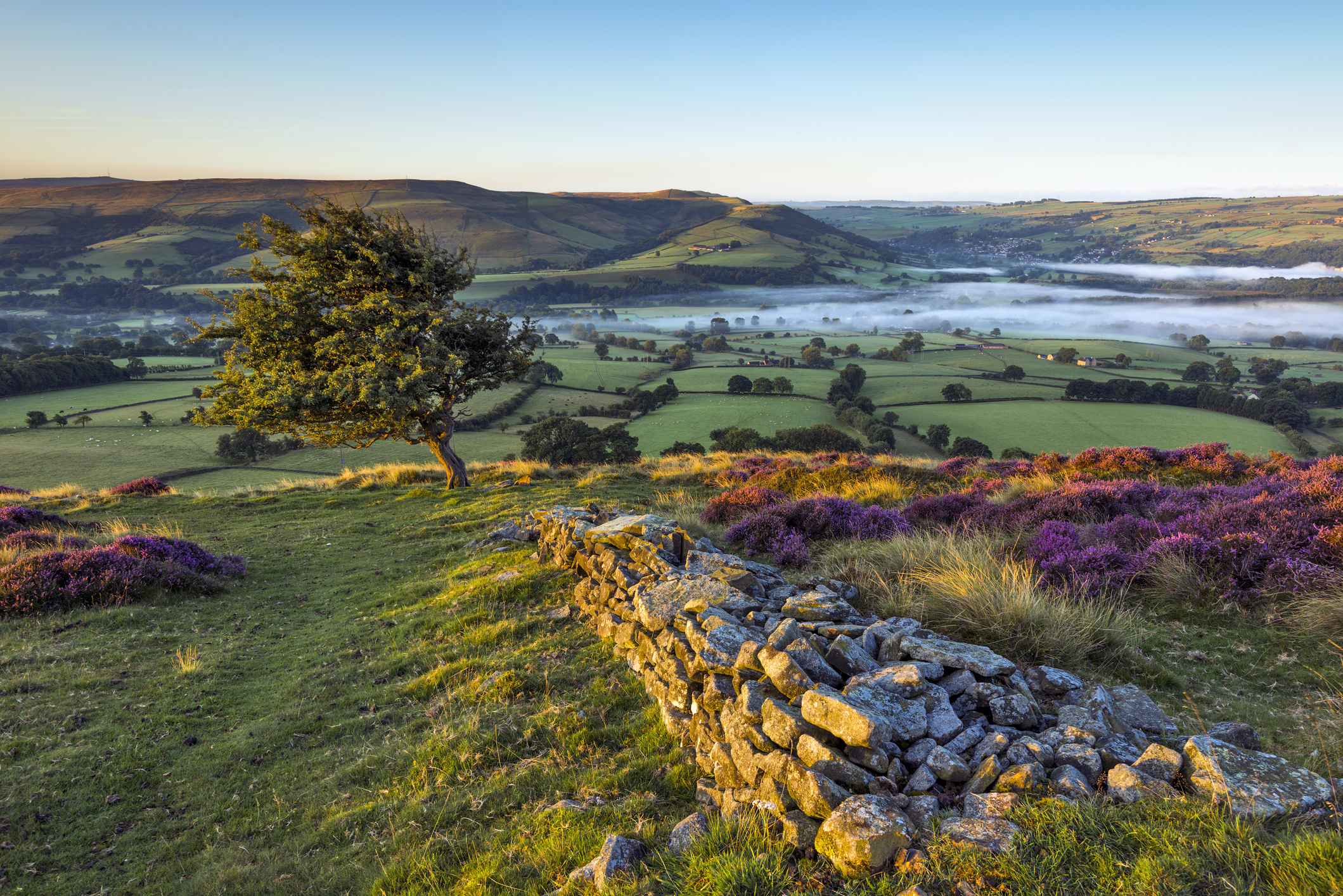
Credit: Getty Images
Patrick Galbraith: 'We both agreed that, regrettably, adulthood is merely a series of youthful illusions being shattered'
Patrick has been rubbing shoulders with communists, publishers, New York Times writers and alumni of Cheltenham Ladies' College — and sometimes
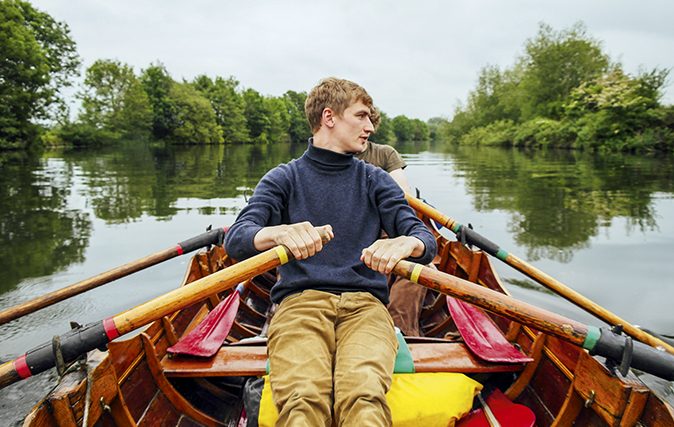
We recreated Three Men in a Boat for the 21st century. Here's what happened.
Re-creating Jerome K. Jerome’s Three Men in a Boat sounds terribly romantic, doesn’t it? Patrick Galbraith discovers the reality of
Patrick Galbraith is an author, journalist, former editor of Shooting Times, and a regular contributor to Country Life.
